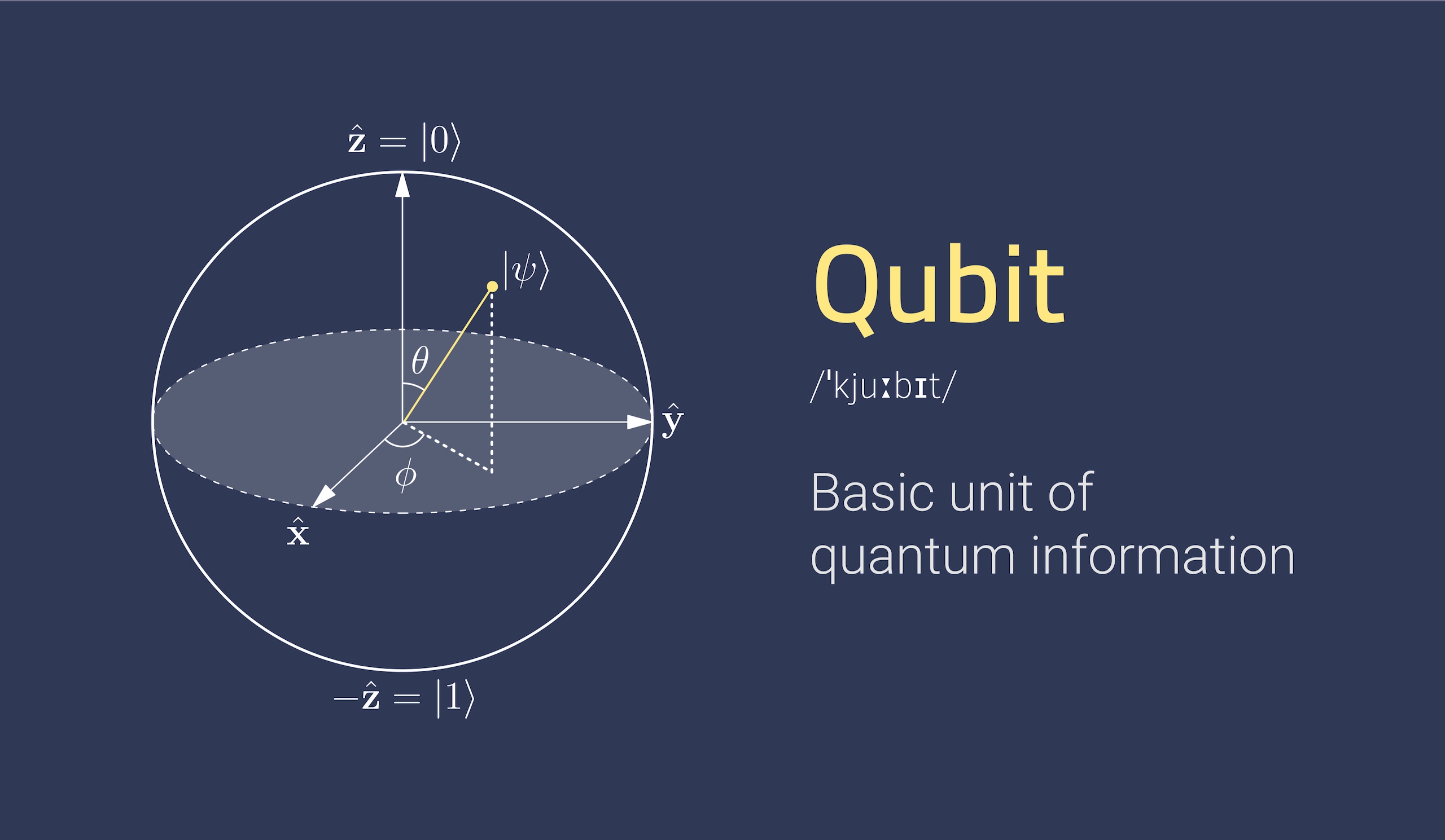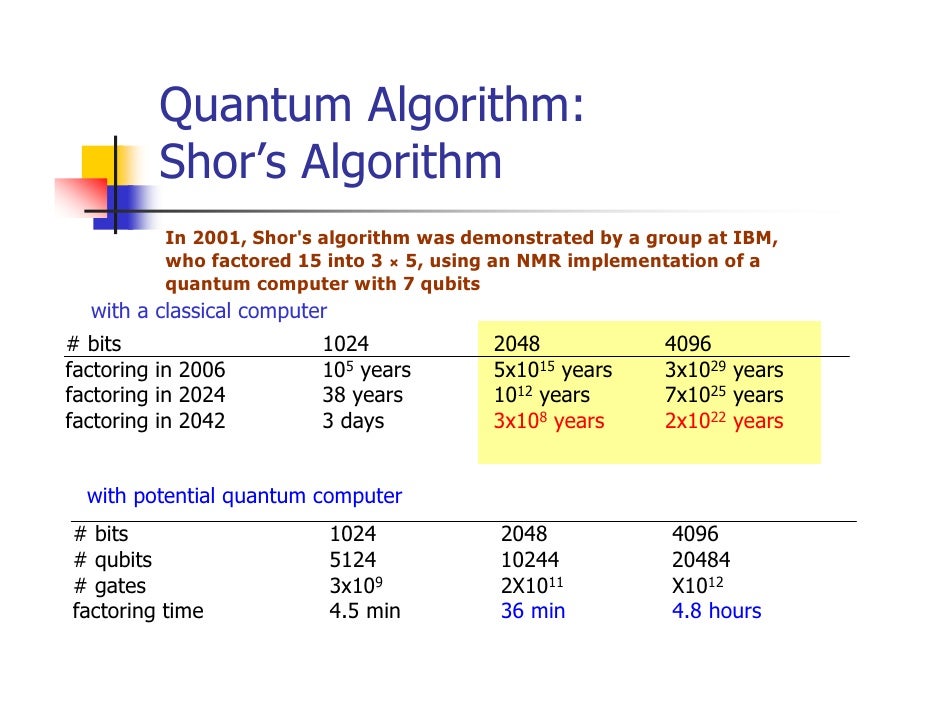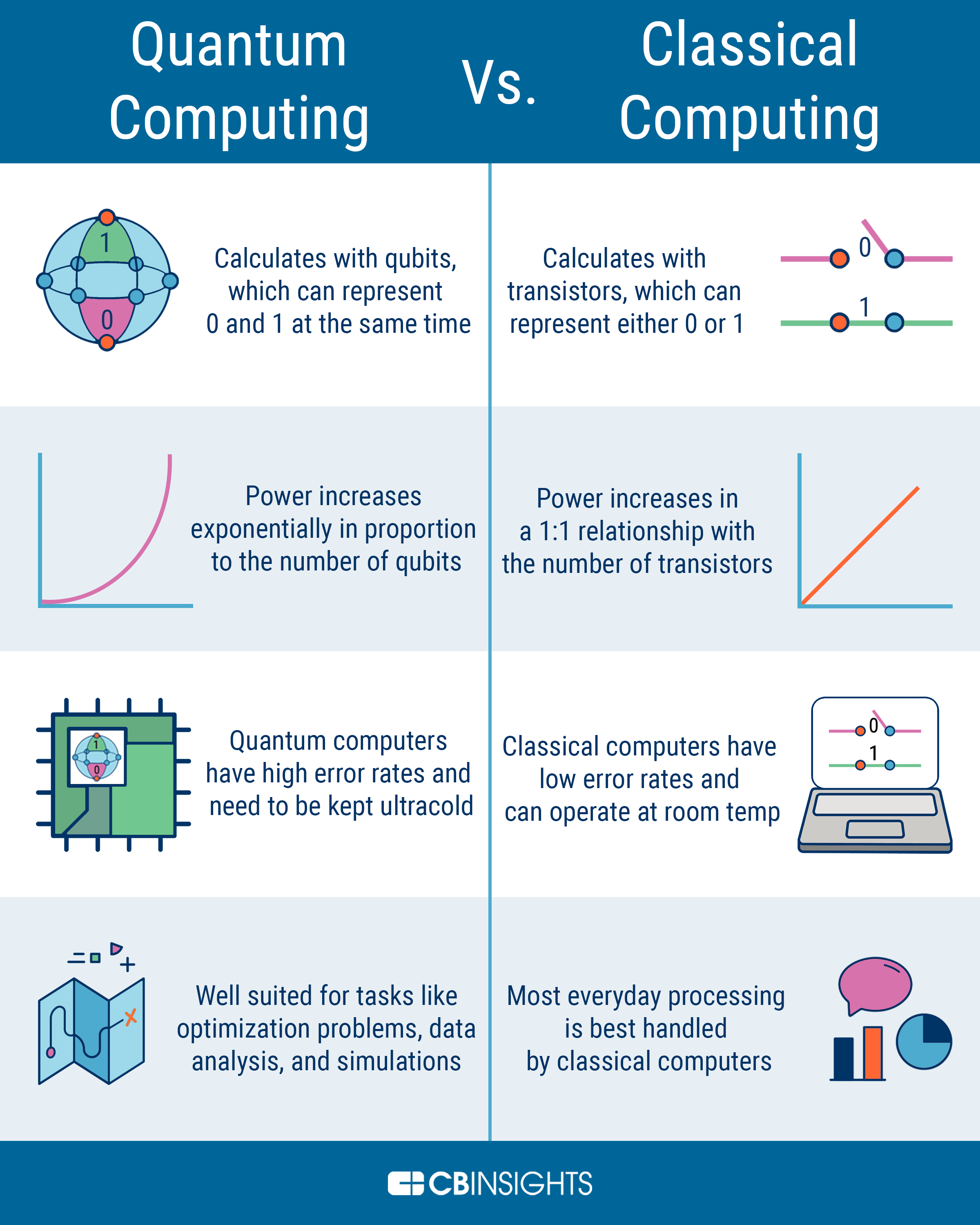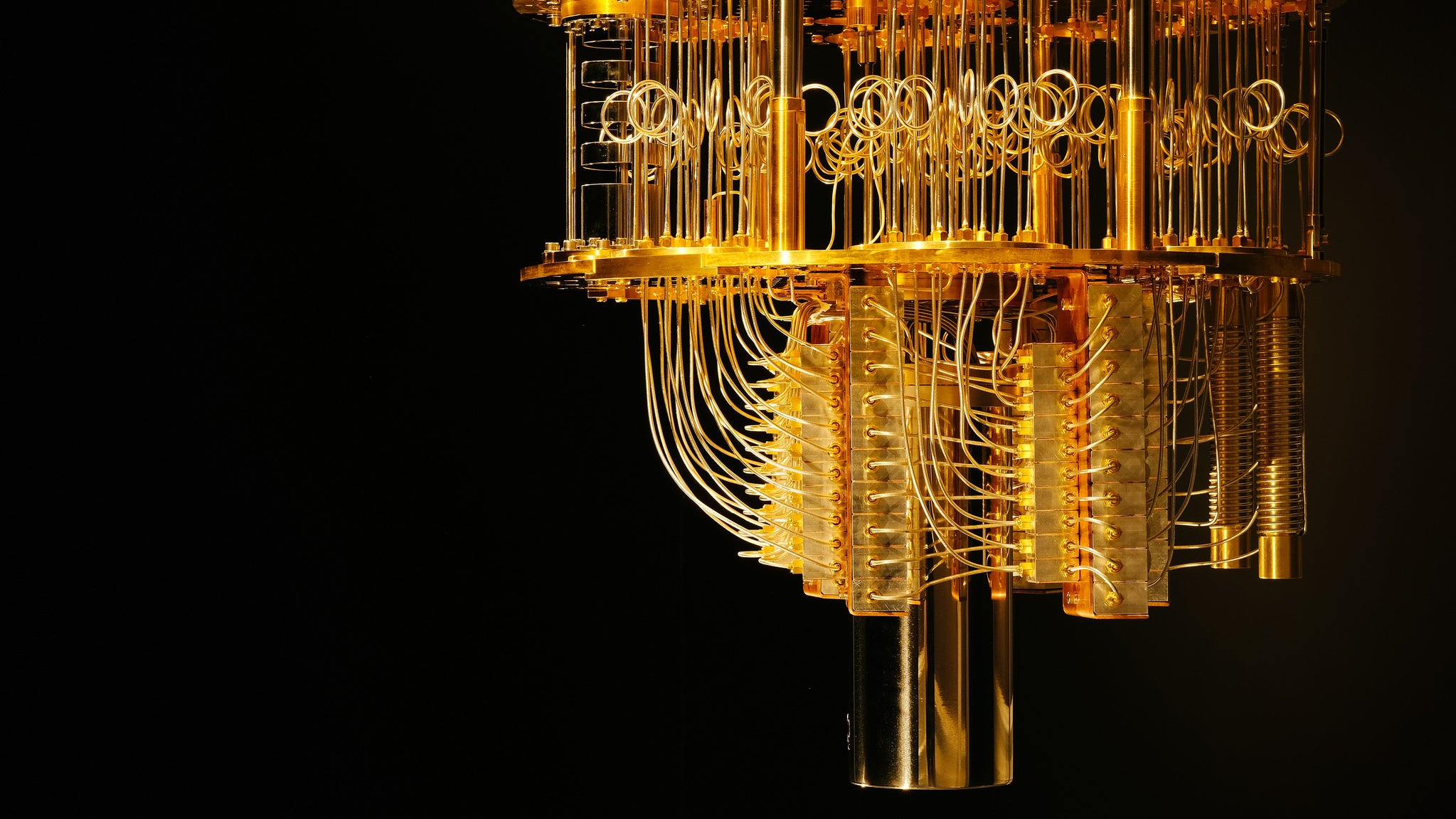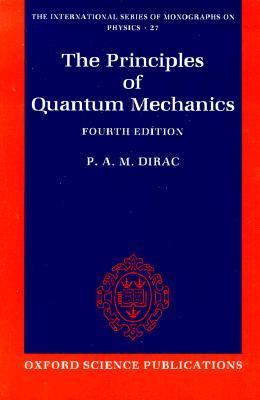Quantum Computer Presentation
| Introduction to Quantum Computers | ||
|---|---|---|
| Quantum computers are devices that use the principles of quantum mechanics to perform complex calculations. Unlike classical computers that use bits, quantum computers use quantum bits or qubits. Qubits can exist in multiple states simultaneously, allowing for parallel processing and faster computation. | ||
| 1 | ||
| How Quantum Computers Work | ||
|---|---|---|
| Quantum computers use quantum gates to manipulate qubits and perform calculations. Superposition allows qubits to exist in multiple states at once, increasing computational power. Entanglement allows qubits to be correlated, enabling faster communication and complex operations. | ||
| 2 | ||
| Applications of Quantum Computers | ||
|---|---|---|
| Quantum computers have the potential to revolutionize fields like cryptography and drug discovery. They can solve complex optimization problems efficiently, benefiting logistics and supply chain management. Quantum simulations can model natural phenomena, aiding in climate research and material science. | ||
| 3 | ||
| Challenges in Building Quantum Computers | ||
|---|---|---|
| Maintaining qubits' coherence is a challenge due to decoherence caused by environmental factors. Scaling up quantum computers is difficult as the number of qubits increases, requiring error correction techniques. Quantum computers require extremely low temperatures and precise control systems, adding to the complexity. | ||
| 4 | ||
| Current State of Quantum Computers | ||
|---|---|---|
| Quantum computers are still in the early stages of development, with limited qubit counts. Companies like IBM, Google, and Microsoft are actively researching and developing quantum technologies. Quantum supremacy, achieving calculations beyond classical computers, has been demonstrated in some cases. | ||
| 5 | ||
| Quantum Computing Algorithms | ||
|---|---|---|
| Shor's algorithm can factor large numbers exponentially faster than classical algorithms, impacting cryptography. Grover's algorithm can search unsorted databases faster, improving data retrieval efficiency. Quantum machine learning algorithms can enhance pattern recognition and data analysis. | ||
| 6 | ||
| Quantum Computer Limitations | ||
|---|---|---|
| Error rates and noise in quantum systems currently limit the accuracy and reliability of calculations. Quantum computers are not suitable for all types of problems, and certain computational tasks may still be better suited for classical computers. Quantum algorithms require careful design and analysis to exploit the advantages of quantum computing. | ||
| 7 | ||
| Future Outlook of Quantum Computers | ||
|---|---|---|
| The field of quantum computing is rapidly evolving, and significant advancements are expected in the coming years. As technology improves, more stable and scalable qubits will be developed, enabling larger and more powerful quantum computers. Quantum supremacy and practical quantum applications are likely to be achieved in the near future. | ||
| 8 | ||
| Impact of Quantum Computers | ||
|---|---|---|
| Quantum computers have the potential to revolutionize various industries, including finance, healthcare, and materials science. They can break current encryption methods, necessitating the development of quantum-resistant cryptography. Quantum computers may enable breakthroughs in fields like drug discovery, optimization, and artificial intelligence. | ||
| 9 | ||
| Conclusion | ||
|---|---|---|
| Quantum computers harness the principles of quantum mechanics to perform computations at an unprecedented scale. While still in the early stages, they hold immense potential for solving complex problems and advancing scientific research. As technology progresses, quantum computers are poised to transform various industries and drive innovation. | ||
| 10 | ||

